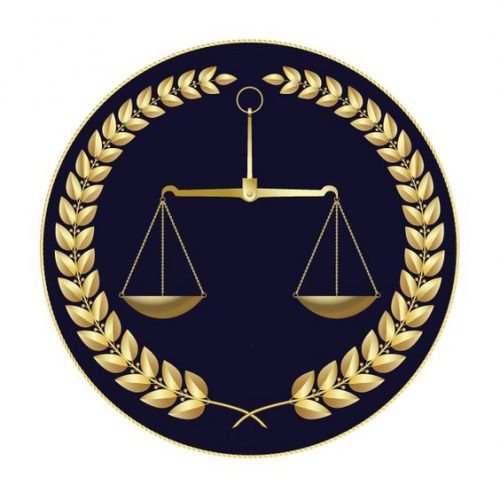Best Business Lawyers in Santa Cruz
Share your needs with us, get contacted by law firms.
Free. Takes 2 min.
List of the best lawyers in Santa Cruz, Bolivia
About Business Law in Santa Cruz, Bolivia
The business environment in Santa Cruz, Bolivia is vibrant and diverse, characterized by a range of industries including agriculture, manufacturing, and tech start-ups among others. However, much like any other jurisdiction, conducting business in Santa Cruz requires due diligence and adherence to a range of business laws and regulations. These laws pertain to areas such as business formation and dissolution, commercial agreements, acquisition and mergers, employment, taxes, and more.
Why You May Need a Lawyer
Seeking legal advice in the field of business is necessary when starting or managing a business in Santa Cruz, Bolivia. Lawyers can help with structuring your business, ensuring compliance with local laws, drafting agreements, handling disputes, guiding on labor laws, and advising on tax liabilities and benefits. Additionally, in cases where international trade is involved, a strong understanding of both Bolivian and international laws can be crucial to protect your business interests.
Local Laws Overview
In Bolivia, businesses can be set up as sole proprietorships, corporations, partnerships, or limited liability companies (LLCs). Each structure has distinct legal, tax, and operational implications which need to be understood in depth. Furthermore, Bolivia has a well-defined set of regulations covering labor laws, consumer protection, environmental mandates, tax obligations and data privacy. Importantly, Bolivia has undergone significant trade liberalization in recent years, opening up new opportunities for businesses, but also necessitating a clear understanding of international trade laws.
Frequently Asked Questions
1. Do I need a lawyer to start a business in Santa Cruz?
While it's possible to start a business without a lawyer, hiring one can significantly streamline the process, ensuring compliance with all legal requirements and saving you potential difficulties in future.
2. What are the employment laws in Bolivia?
Bolivian labor law provides comprehensive protection to workers, covering aspects such as minimum wages, working hours, overtime, termination rules, social security contributions, and more. An understanding of these is crucial when hiring in Bolivia.
3. How are contracts enforced in Bolivia?
Bolivia has a robust contract enforcement mechanism. Breach of contracts can result in legal action, demanding payment of damages or enforcement of the contractual duties.
4. What are the main taxes businesses have to pay?
Main taxes for businesses in Bolivia include Corporate Income Tax, Value Added Tax (VAT), and Transaction Tax while there are also specific taxes for certain industries and activities.
5. How can I protect my intellectual property in Bolivia?
Intellectual property in Bolivia is protected through several laws in line with international standards. Registration of your IP with the appropriate governmental body is critical for its protection.
Additional Resources
You can find further information on Bolivian business law from resources like the Bolivia Ministry of Economy and Public Finance, National Tax Service and the Intellectual Property National Service (SENAPI). The Bolivian Chamber of Commerce, and the Bolivian-American Chamber of Commerce also provide helpful resources for businesses.
Next Steps
If you need legal assistance in Business in Santa Cruz, consult with a Bolivian business lawyer. Look for a lawyer with expertise in the specific area of business law relevant to you, such as taxes, employment, contractual law, and more. Be prepared to discuss your business activities, possible legal concerns, and your desired legal outcomes.
Lawzana helps you find the best lawyers and law firms in Santa Cruz through a curated and pre-screened list of qualified legal professionals. Our platform offers rankings and detailed profiles of attorneys and law firms, allowing you to compare based on practice areas, including Business, experience, and client feedback.
Each profile includes a description of the firm's areas of practice, client reviews, team members and partners, year of establishment, spoken languages, office locations, contact information, social media presence, and any published articles or resources. Most firms on our platform speak English and are experienced in both local and international legal matters.
Get a quote from top-rated law firms in Santa Cruz, Bolivia — quickly, securely, and without unnecessary hassle.
Disclaimer:
The information provided on this page is for general informational purposes only and does not constitute legal advice. While we strive to ensure the accuracy and relevance of the content, legal information may change over time, and interpretations of the law can vary. You should always consult with a qualified legal professional for advice specific to your situation.
We disclaim all liability for actions taken or not taken based on the content of this page. If you believe any information is incorrect or outdated, please contact us, and we will review and update it where appropriate.
Browse business law firms by service in Santa Cruz, Bolivia
Santa Cruz, Bolivia Attorneys in related practice areas.














